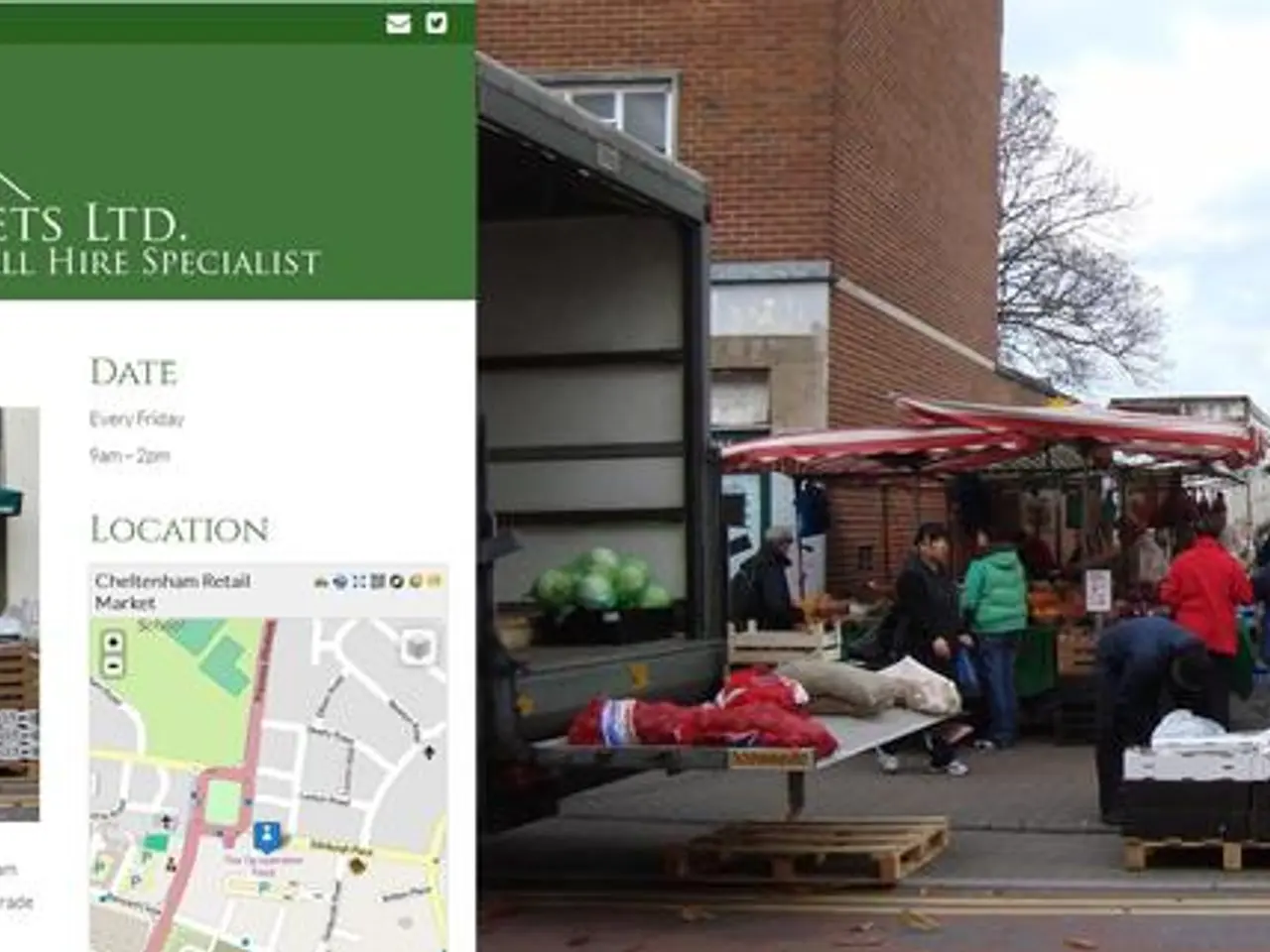Criticizing the Incomplete Power Tax Relief: A 5.4 Billion Euro Price Tag for Full Consumer Reduction
Government Estimate: Implementing Electricity Tax Relief Could Sum Up to 5.4 Billion Dollars
Germany's ruling coalition of CDU/CSU and SPD faces criticism for a glaring omission in their power tax relief plans. The reduction does not extend to all consumers, and implementing a full reduction would cost an additional 5.4 billion euros, according to the Ministry of Finance.
In Berlin, a spokesperson for the ministry stated that the relief for all consumers, including private households and families, would result in an additional 3 cents per kilowatt hour in relief. However, the ministry cited "financial leeway" before putting such broad measures into effect.
The coalition government had agreed to permanently ease the burden on German consumers and companies by at least 5 cents per kilowatt hour, as mentioned in their coalition agreement. But, as it stands, the power tax is to be reduced only for industries, agriculture, and forestry—leaving out many businesses and private consumers.
Widespread Dissatisfaction, Even Within the Union
The decision not to reduce the power tax for consumers starting January 1, 2026, has sparked significant discontent—even within the Union itself. SPD Finance Minister Lars Klingbeil and CDU leader Friedrich Merz have referenced budget constraints in explaining the decision, and discussion about the power tax is set to dominate discussions at the coalition committee meeting of Union and SPD leaders this Wednesday.
In response to criticism, the Ministry of Finance maintains that the relief for the manufacturing sector is widespread, benefiting industries such as chemistry, metallurgy, automotive, and mechanical engineering, among others. The relief applies to all power-intensive and internationally competitive industrial sectors, as well as local businesses, SMEs, and craftsmen. There are no size or power intensity requirements for companies to qualify, apart from meeting a minimum power consumption of 12.5 megawatt hours per year, or an annual power tax of at least 250 euros.
A Contentious Issue with High Stakes
Detractors of the selective tax cut view it as a broken promise to consumers—a betrayal of their expectations for genuine relief. Additionally, the selective nature of the tax cut risks distorting competition by favoring certain sectors while leaving others to bear the full burden.
Political tensions are running high within the coalition due to the decision's implications. CDU figures Hendrik Wüst and Friedrich Merz have publicly criticized the SPD Finance Minister for prioritizing budget constraints over agreed-upon tax relief, causing friction within the coalition.
Extending the tax reduction to all consumers could cost as much as 5.4 billion euros per year. Given these financial constraints, alternative measures to reduce electricity prices—like abolishing the gas storage levy and assuming network expansion costs—are being emphasized, though they are seen as insufficient substitutes for a comprehensive electricity tax cut.
The CDU has proposed cutting funding for other initiatives, such as heat pump subsidies (16 billion euros allocated for 2026), to fund a broader electricity tax cut aimed at providing relief to households particularly reliant on electricity for heating.
In conclusion, the criticism revolves around perceived broken election promises, unfair selectivity in tax relief, and mounting political tension within the coalition. Widening the tax cut to all consumers would incur significant costs, prompting the government's attempts to reprioritize funds to honor their original commitment to tax relief for all.
Discussion about the power tax, budget constraints, and the future of tax relief continues to unfold as the coalition government grapples with these challenges.
[1] ntv.de[2] mli/dpa[3] politico.eu[4] t-online.de
- Power Prices
- Energy Policies
- Coalition Agreements
- Economic Fiscal Policy
- Energy Markets
- The debate over the power tax relief in Germany has expanded beyond just power prices and energy policies, involving discussions on coalition agreements, economic fiscal policy, and energy markets, as the implications for employment policies and general-news become clear.
- As the costs of extending the power tax reduction to all consumers, including private households and families, reach billions of euros, the centered discussion within the Union and SPD coalition revolves around perceived broken election promises, unfair selectivity in tax relief, and mounting political tension in relation to employment, finance, business, and politics.




